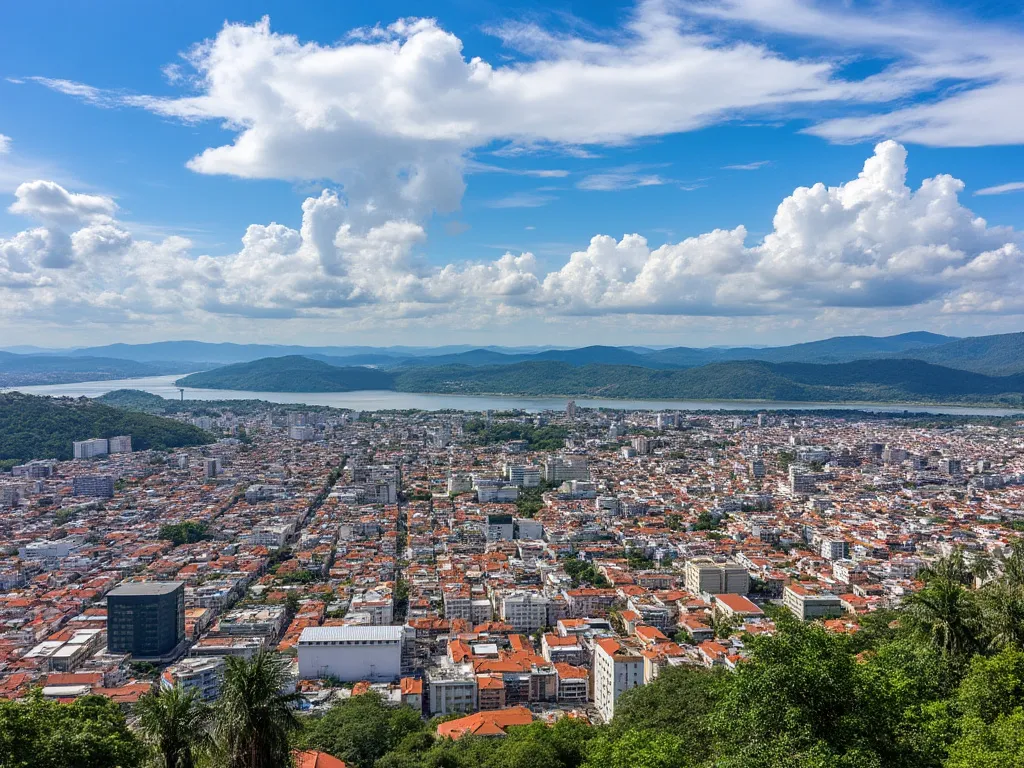
Tegucigalpa, la capital de Honduras, es una metrópolis vibrante enclavada en las tierras altas del sur del país. La ciudad está situada en el valle del río Choluteca, rodeada de montañas y ofreciendo impresionantes vistas del paisaje circundante. Tegucigalpa es el centro de la política, economía y cultura de Honduras, y alberga una población diversa de más de 996,000 personas.
Información sobre Tegucigalpa
| País | 🇭🇳 Honduras |
| Población | 996,658 |
| Coordenadas | 14.0833° N, 87.2333° W |
| Área | 1,502 km² |
| Clima | Clima de sabana tropical |
| Idioma | Español |
| Moneda | Lempira hondureña (HNL) |
| Zona horaria | UTC-6 (Hora Estándar Central) |
| Proximidad a otras ciudades importantes | San Salvador (El Salvador) - 345 km, Ciudad de Guatemala (Guatemala) - 375 km, Managua (Nicaragua) - 445 km |
Datos interesantes sobre Tegucigalpa
- Tegucigalpa también es conocida como la "Ciudad de la Plata" debido a la larga historia de minería de plata del país.
- La ciudad alberga la universidad más antigua de Honduras, la Universidad Nacional Autónoma de Honduras (UNAH).
- Tegucigalpa es una de las pocas ciudades del mundo con dos palacios presidenciales.
- La ciudad alberga muchos festivales anuales, incluido el Carnaval de Tegucigalpa, que se celebra en marzo.
Atracciones turísticas en Tegucigalpa
- La Catedral de Tegucigalpa, una impresionante iglesia de la época colonial en el corazón de la ciudad.
- El Palacio Legislativo, un hermoso edificio Art Deco que sirve como el Congreso Nacional de Honduras.
- El Museo Nacional de Honduras, que muestra la rica historia y cultura del país.
- El Jardín Botánico, un hermoso jardín botánico que ofrece impresionantes vistas de las montañas circundantes.
Antecedentes históricos de Tegucigalpa
Tegucigalpa tiene una rica y compleja historia que se remonta al siglo XVI, cuando fue fundada como un pueblo minero por los españoles. La ubicación estratégica de la ciudad la convirtió en un importante centro de comercio y comercio, y rápidamente creció hasta convertirse en una metrópolis próspera. Durante la era colonial, Tegucigalpa fue un importante centro de producción de oro y plata, y la arquitectura de la ciudad refleja su rica historia, con muchos edificios de la época colonial aún en pie hoy en día.
Ubicación geográfica de Tegucigalpa
Tegucigalpa está ubicada en la parte sur de Honduras, en el valle del río Choluteca. La ciudad está situada a una altitud de 900 metros sobre el nivel del mar y está rodeada de montañas, incluido el Cerro El Picacho, que ofrece impresionantes vistas de la ciudad y el paisaje circundante. El clima de sabana tropical de Tegucigalpa significa que la ciudad experimenta una estación seca de noviembre a mayo y una estación húmeda de junio a octubre.
Significado cultural de Tegucigalpa
Tegucigalpa es una ciudad impregnada de cultura e historia, y alberga muchos museos, galerías y monumentos históricos. La arquitectura de la época colonial de la ciudad es un testimonio de su rica historia, y muchos de sus edificios han sido cuidadosamente restaurados a su antigua gloria. La ciudad también alberga una vibrante escena artística, con muchas galerías que muestran el trabajo de artistas locales e internacionales.
Importancia económica de Tegucigalpa
Tegucigalpa es el centro económico de Honduras y alberga muchas industrias importantes, incluidas la manufactura, los textiles y la agricultura. La ciudad también es un importante centro de comercio y comercio, con muchas empresas internacionales que tienen operaciones en la ciudad. La economía de Tegucigalpa también está impulsada por el turismo, con muchos visitantes atraídos por la rica historia, cultura y belleza natural de la ciudad.
Conclusión sobre Tegucigalpa
En conclusión, Tegucigalpa es una ciudad vibrante y fascinante que ofrece algo para todos. Desde su rica historia y cultura hasta su impresionante belleza natural, Tegucigalpa es una ciudad que seguramente cautivará e inspirará. Ya sea que estés interesado en la historia, la cultura o simplemente buscando una nueva aventura, Tegucigalpa es una ciudad que definitivamente vale la pena visitar.
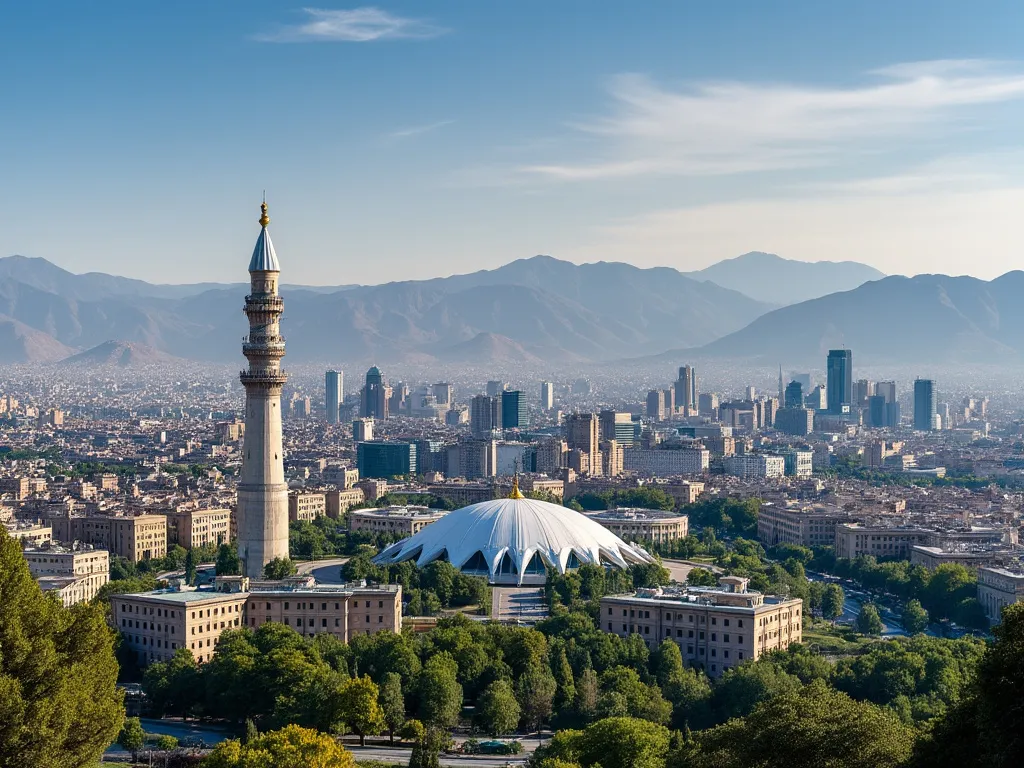 Teherán
Teherán
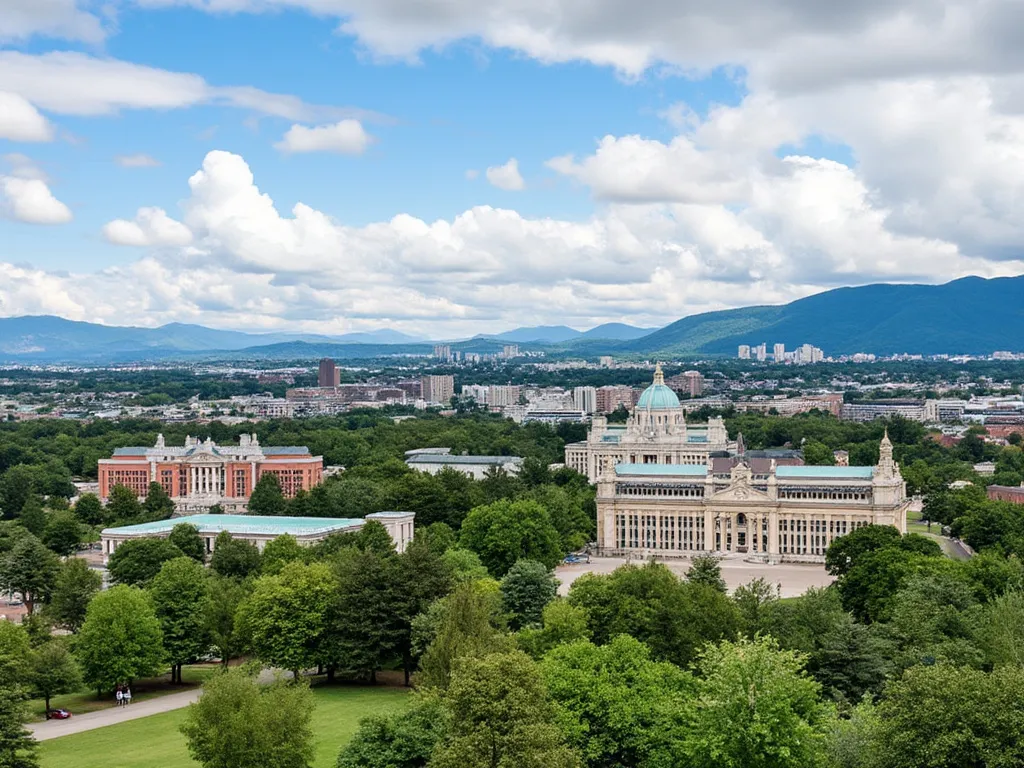 The Valley
The Valley
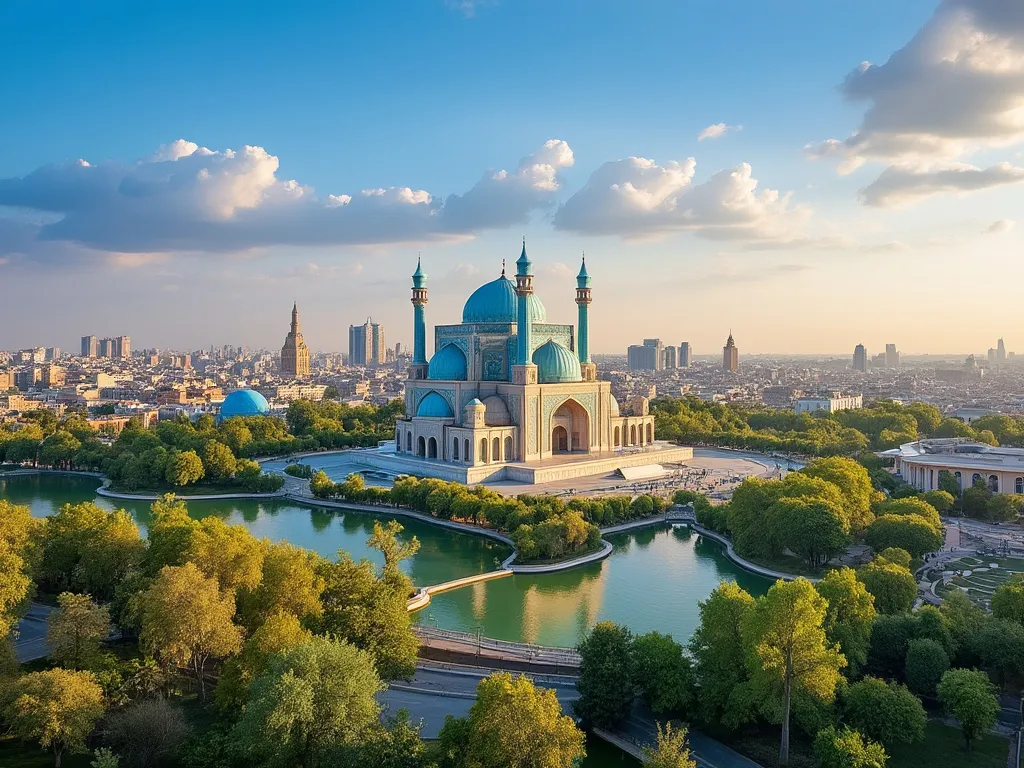 Taskent
Taskent
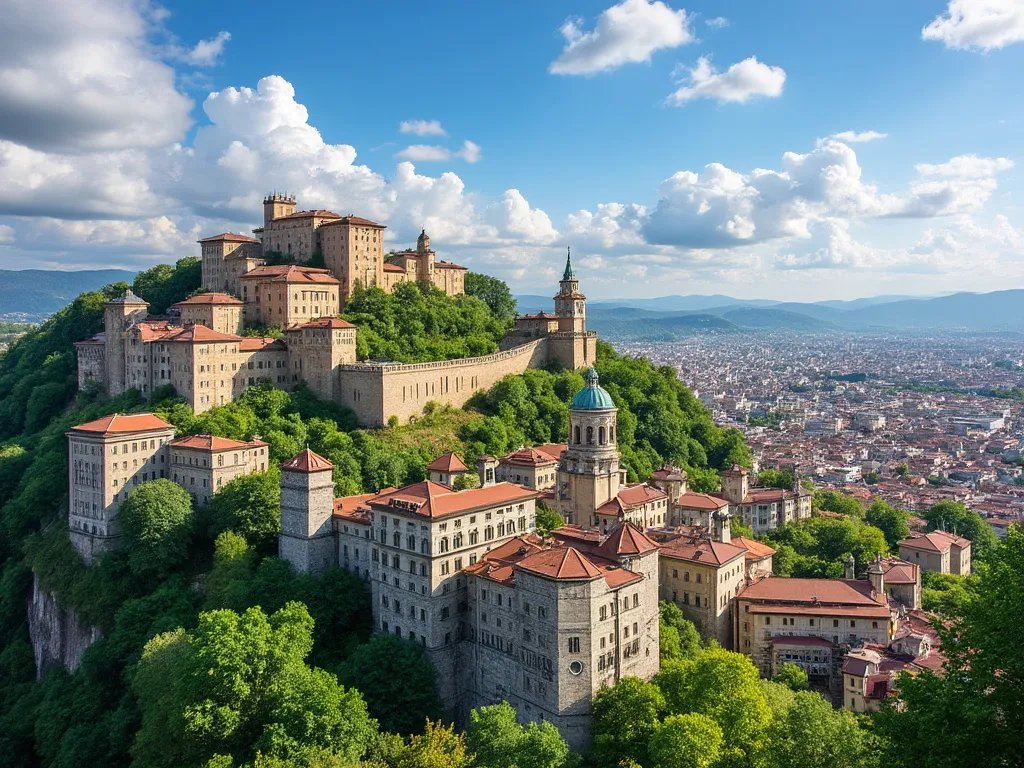 Tiflis
Tiflis